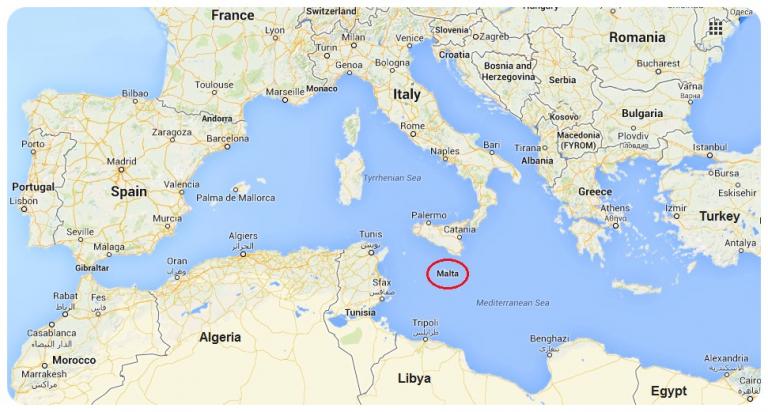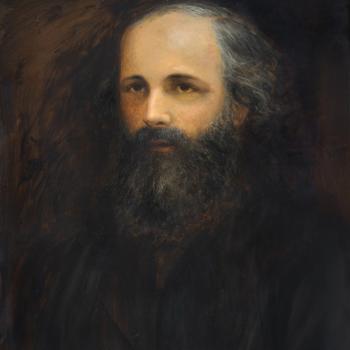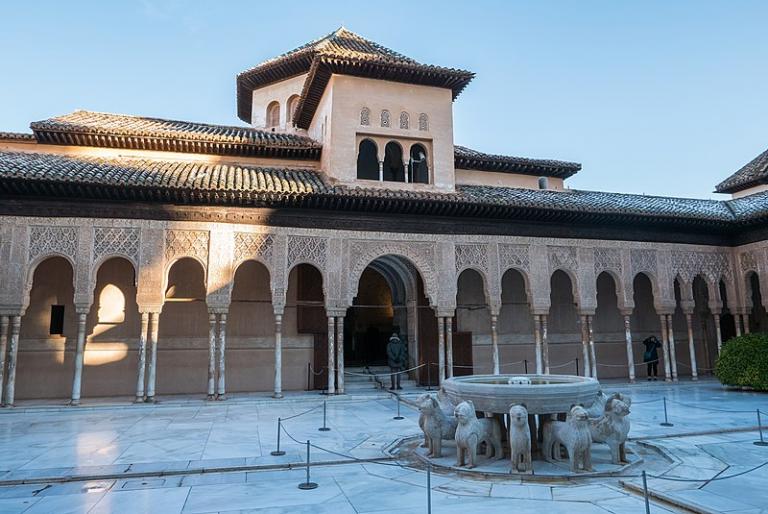
Here’s another passage from The Victory of Reason: How Christianity Led to Freedom, Capitalism, and Western Success, a brilliant and provocative book by Rodney Stark.
Dr. Stark, now in his mid-eighties, is a famous sociologist of religion who taught for more than three decades at the University of Washington and then, after retirement from that school, assumed a position as Distinguished Professor of the Social Sciences at Baylor University and became co-director of the university’s Institute for Studies of Religion. He describes himself now as an “independent Christian,” although he identified himself for much of his life as an agnostic.
For the past two or three centuries, every educated person has known that from the fall of Rome until about the fifteenth century Europe was submerged in the “Dark Ages” — centuries of ignorance, superstition, and misery — from which it was suddenly, almost miraculously rescued, first by the Renaissance and then by the Enlightenment. But it didn’t happen that way. Instead, during the so-called Dark Ages, European technology and science overtook and surpassed the rest of the world!
The idea that Europe fell into the Dark Ages is a hoax originated by antireligious, and bitterly anti-Catholic, eighteenth-century intellectuals who were determined to assert the cultural superiority of their own time and who boosted their claim by denigrating previous centuries as — in the words of Voltaire — a time when “barbarism, superstition, [and] ignorance covered the face of the world.” Views such as these were repeated so often and so unanimously that, until very recently, even dictionaries and encyclopedias accepted the Dark Ages as an historical fact. Some writers even seemed to suggest that people living in, say, the ninth century described their own time as one of backwardness and superstition.
Fortunately, in the past few years these views have been so completely discredited that even some dictionaries and encyclopedias have begun to refer to the notion of Dark Ages as mythical. Unfortunately, the myth has so deeply penetrated our culture that even most scholars continue to take it for granted that — in the words of Edward Gibbon — after Rome fell came the “triumph of barbarism and religion.” (35-36)
***
And now for some science news — focused, today, on archaeology:
“Famed archaeologist forged murals, inscriptions for decades”
“LiDAR Reveals an Ancient Roman Highway”
Incidentally, Rodney Stark’s book discusses the old Roman roads, but in a way quite distinct from any other discussion I’ve ever seen. I think that more than a few of you would really enjoy the book.












